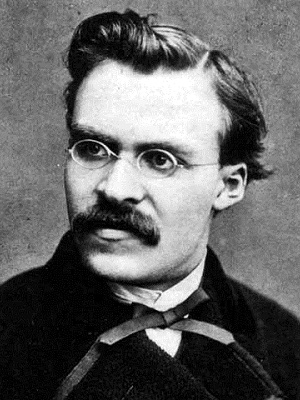Will and power
 Arthur Schopenhauer told us all life expresses an indefinable “will,” like an expansive force that drives us to live and thrive and pervades the entire universe.
Arthur Schopenhauer told us all life expresses an indefinable “will,” like an expansive force that drives us to live and thrive and pervades the entire universe.
Friedrich Nietzsche expanded upon this by pointing out that while life may have will, human social recognition mutates that into a “will to power,” which is the desire of individuals to have efficacy of realizing what the personality desires.
Scott Fitzgerald expands on this by telling us that personality is an “unbroken series of successful gestures”
From this we can see the difference between the ancient and modern conceptions of power.
Our modern notion is that constant self-expression is our goal, and as a result, our personalities need power to make others see our expression and note it because, in the absence of God and culture, we have only social approval and money to keep the cold winds of eternity at bay.
A more nourishing notion from Tradition — that eternal series of nature/behavior pairings that allow us to not only adapt to our environment, but thrive with grace in body, mind and soul — is that power is the ability to become who we are.
This is closer to Schopenhauer’s definition of Will: we do not need the attention of others, but we need to be able to do what we were made to do. If you are a carpenter, you need to make great woodworks; you may need public attention as a means to this end. But not as an end in itself!
Willpower is separate from will-to-power, as is Will. These are untamed forces that in the boxlike environment of socialization, where what is perceived and seen is more important than what is real, become corrupted and paranoid, controlling and manipulative.
As you look out into a world of bossy, pushy people and their demands, as they shout from their cluttered apartments and trash-strewn desks at work, remember that what they are seeking is a substitute for what they need. They need a chance to become; what they’re doing instead is fighting for your attention to their trivial symbols of “success.”
It is no wonder they are ulcerous, vindictive and resentful.









